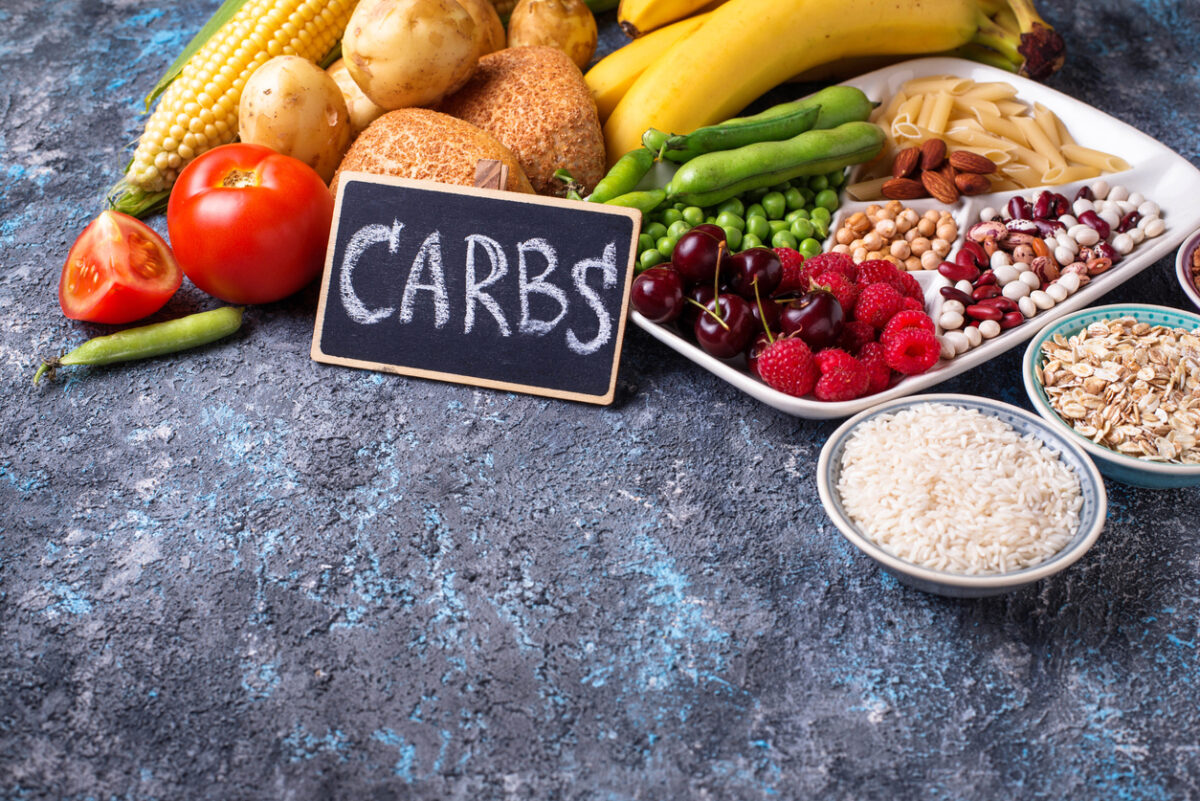Carb cycling has long been employed by athletes, particularly in the form of carb-loading. However, it has only recently begun to gain a foothold as a nutritional strategy outside of athletic domains. While there are not yet any reliable studies proving the effectiveness of carb cycling, proponents have been attempting to refine their techniques by regulating the amount and types of carbohydrates to include.
Carbohydrates and Nutrition

Carbohydrates, particularly refined carbohydrates, have long been implicated as a trigger for sugar addiction, sluggish metabolisms, and brain fog. Nutrition plans that restrict carbohydrate intake—or that attempt to avoid refined carbos altogether—are often credited with reducing obesity, elevating mental cognition, and increasing endurance. These options, including ketogenic diets such as Atkins, low-carb Paleo diets, and the low-carb, high-fat (LCHF) diet, all drastically reduce the number of carbohydrates consumed, typically while increasing fats and proteins.
Unfortunately, low-carb diets can have drawbacks as well. Carbohydrates are important macronutrients that our bodies need to function properly. A diet low in carbohydrates is often not recommended for athletes, particularly endurance athletes. Carbohydrates are more quickly turned into usable energy than fats and proteins, which makes them especially important as fuel during exercise and training. These diets, often low in calories as well, can also reduce the amount of leptin in your blood. Leptin is a hormone that regulates energy use in the body. Low leptin levels can overstimulate the appetite and make it harder to maintain a healthy metabolism.
Reducing processed carbohydrates is typically a healthy choice. Refined carbohydrates are devoid of many of the nutrients present in complex carbohydrates and can cause spikes in blood sugar. Diets that significantly restrict all carbohydrates may instigate fatigue and food cravings for some people, particularly active individuals. By reducing fiber intake, low-carb diets can even affect gastrointestinal health, causing bloating and constipation.
The Carb Cycling Alternative
Carb cycling is a short-term approach to nutrition in which deliberate daily adjustments are made to your consumption of carbohydrates. The adjustments are typically based on the type of fitness goals you have for the day. Strenuous muscle-building exercise days are paired with high-carb days, while days with low activity would also have low carbs.
This approach is touted as an effective method both to reduce fat stores and to build and repair your muscles. Someone more focused on reducing their fat stores will have fewer higher carb days in their cycle than an individual who is trying to build muscle.
The key to this plan is that it is deliberate. High-carb days are not treated the same as cheat days with other diets; it is not meant to be a carb-loading free-for-all. The higher volume of carbs is not simply allowed; it is required. It is a measured and intentional approach in which a specific amount of healthy carbs is consumed. The intent of a carb cycling strategy is to provide quick energy for workouts and to rev up the metabolism.

Not All Carbs Are Equal
Processed carbs still provide energy, but the energy is short-lived and more likely to instigate volatile shifts in blood sugar. Limiting your carbohydrates to complex carbs will help to stabilize your blood sugar levels. Foods that are high in complex carbohydrates include:
- Barley
- Brown rice
- Farro
- Legumes
- Millet
- Oatmeal
- Potatoes
- Quinoa
- Spelt
- Squash
- Sweet Potatoes
- Whole wheat bread and pasta
- Wild rice
Risks and Rewards

When properly managed following a carb cycling diet should theoretically help to reduce fat and build muscle.
Unfortunately, carb cycling plans are still poorly understood, and not all are properly managed. It is a time-consuming process that requires you to keep track of not only the carbohydrates you eat but also the proteins and fats you consume.
Sugar cravings are also commonly reported with carb cycling plans, particularly on low-carb days. Many people find themselves undoing any progress that was made by binging on carbs after they have completed their cycle. Any eating plan that restricts the amount or type of food that you eat also runs the risk of unintentionally eliminating important nutrients from your diet.
While carb cycling may help you overcome a weight plateau or increase your lean muscle mass, it may also have unintended consequences. Working with a medical professional may help alleviate many of the difficulties you may encounter when creating a nutritional strategy, but it is important to keep in mind that these tactics have not been scientifically validated yet.

If you’re restricting calories to watch your weight or eating only plant-based foods, there’s a good chance you’re not getting enough protein — and that could be a real problem. So, how much protein do you really need?
Read Next:
Delicious Protein-Packed Lunch Recipes to Energize Your Day
Lower Depression and Improve Heart Health With The Mediterranean Diet







